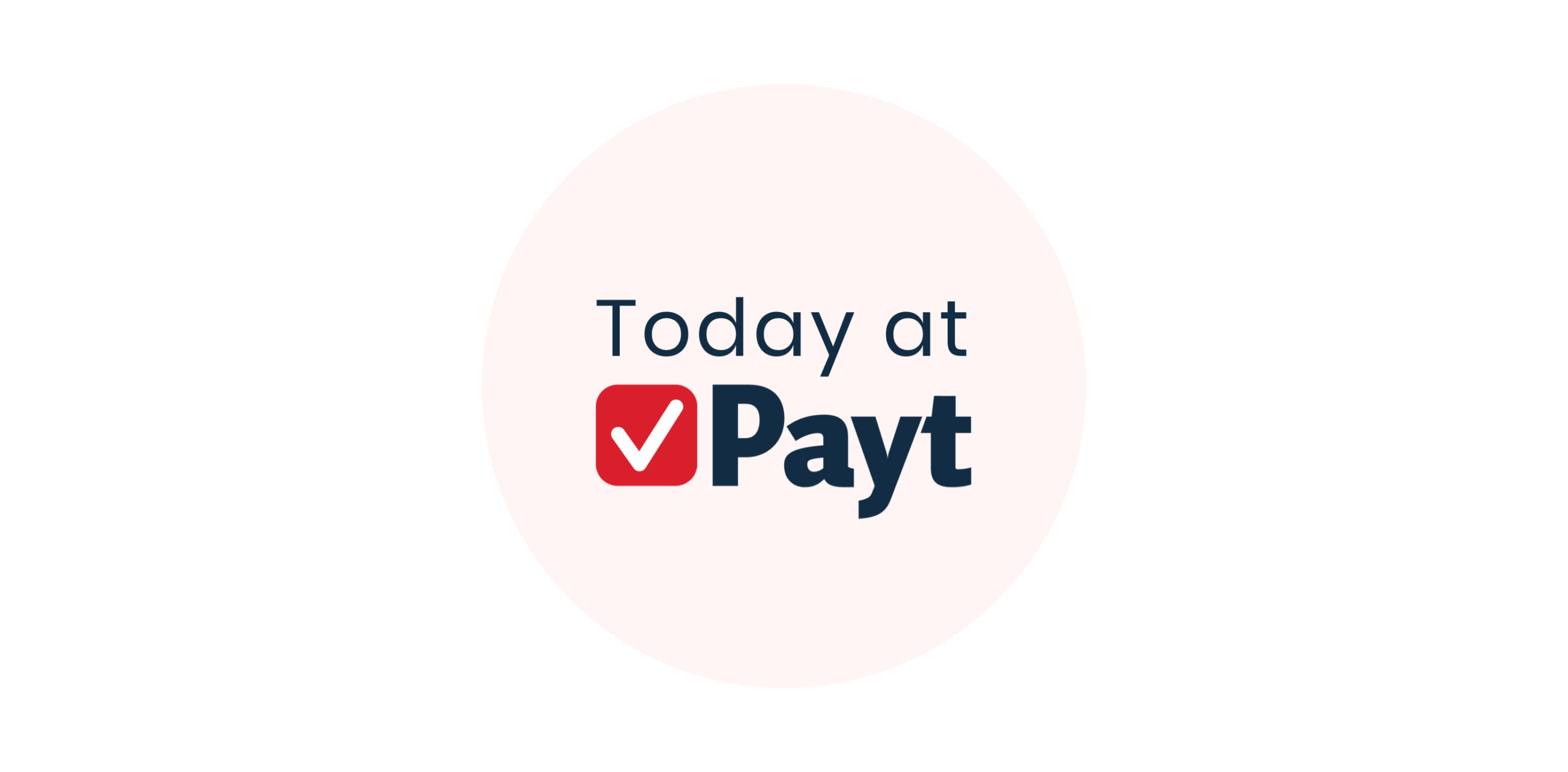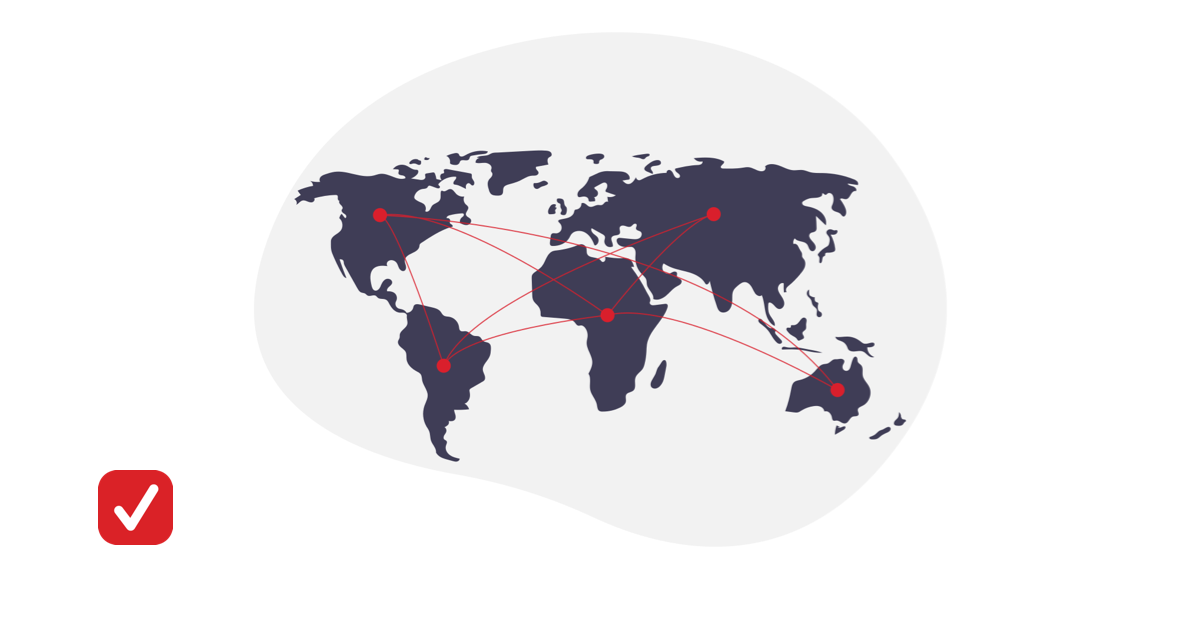The Case: We Find Scheduled Meetings a Waste of Time
Every person has a set of values and ideas that determine what you find important, what you do with your life, and how your everyday life looks as a result. I have a few of those too, and I am now done with them. In my mind, I sometimes divide people into ‘doers’ and ‘the rest’. The first group consists of people who derive satisfaction from getting tasks done. If there are no direct tasks, they impose tasks on themselves. Never ask anyone what they should do today, but ask themselves how they are going to add value to the company’s success today and act accordingly. Those types who go hiking on vacation after struggling to spend a day on the beach. There must always be an achievement for happiness. Doers do not particularly like meetings and endless discussions. The other group is looking for collaboration, belonging, and talking about things that could be done. The rest group wants to be more informed and derives satisfaction from the group feeling.
At Payt, somehow many doers are hired. It’s not surprising that if you have this mentality yourself, you expect it from your colleagues as well. In IT, many highly educated people work, and they are generally very task-mature. Allowing employees freedom in how they do their work is therefore easier than in many other sectors. The challenge we experience as a result is how a loose business operation leads to sufficient productivity and a sense of togetherness. The balance we are still seeking within Payt after 9 years is how to combine individual freedoms with a shared vision of the company’s goals and methods. How you distribute tasks, how the software integrates, etc. And this becomes increasingly challenging as we grow.
The extensive remote working since the corona crisis is an additional peculiarity. An exaggeration of what was already happening in IT. Parents with young children who are not yet in school often struggle with the extensive remote working. We have had few or no company outings or Friday afternoon drinks. And we haven’t had an employee meeting on location for a long time.
However, we do make extensive use of the communication tool Slack and online video meetings. I start every morning by sending messages to colleagues. Usually no more than “morning”. Just to show that the person is not alone. Sometimes this leads to a short work meeting. And I’m not the only one doing this, so it works quite well. But of course, something is missing: personal contact.
Perhaps it is the unexpected encounters that we have been missing for a long time. For example, a conversation that arises during lunch about two software developments that intersect. Whereupon someone from the service desk casually adds that the customers he speaks to mainly need something specific. Sometimes everything suddenly falls into place, and we know what to do.
When I look at the management, we almost never have scheduled meetings. No matter how important it is according to the literature. We certainly have daily discussions about ongoing things that we briefly discuss with each other. The goal is different, namely to decide on a particular subject. And then quickly move on.
Perhaps it is also the new way of working. Everything goes very quickly and efficiently. For employees who are always just outside the decision-making structures, it will be more difficult. I am also curious if readers recognize this somewhat chaotic story, in my opinion. And perhaps how they address this issue to not have too much but also not too little consultation. Let me know!
Thank you for reading.







